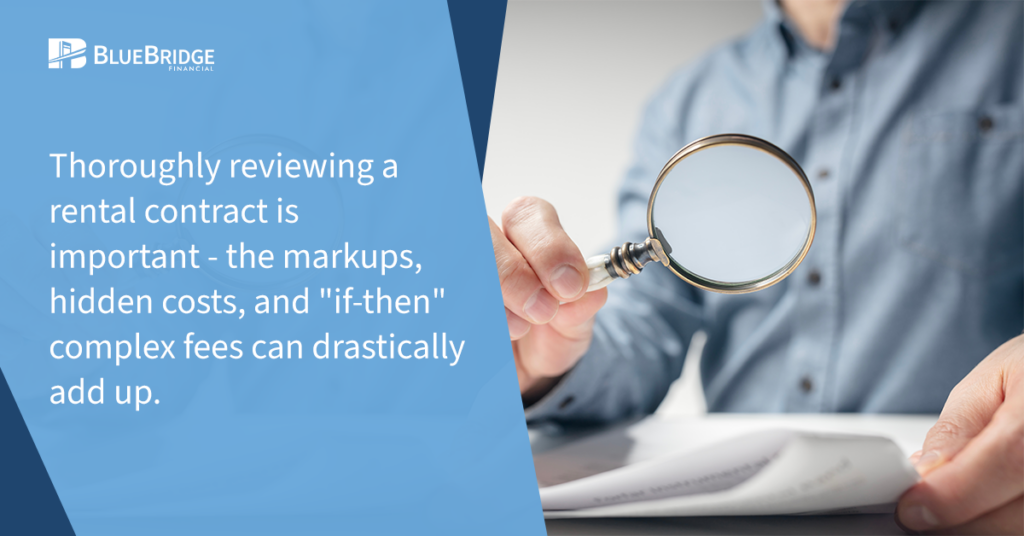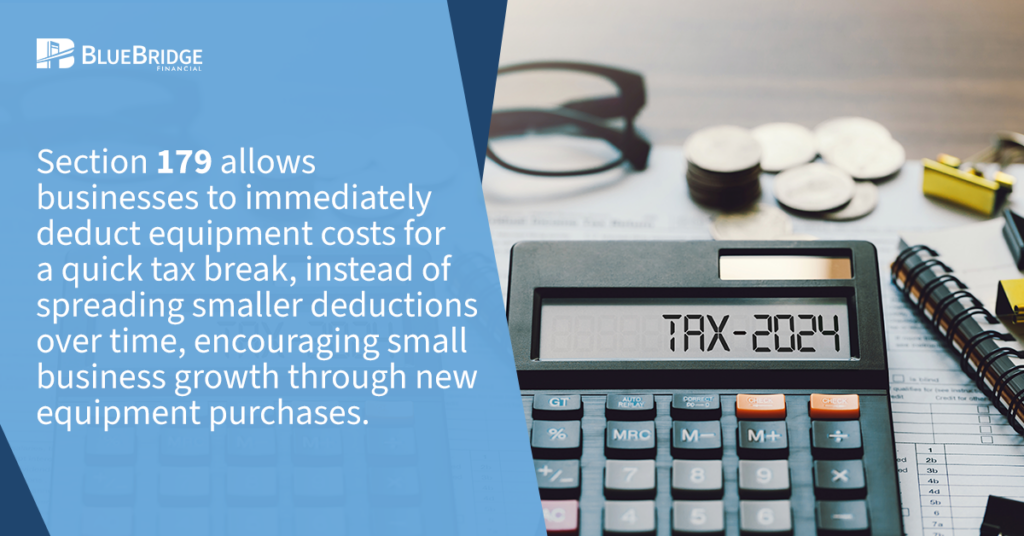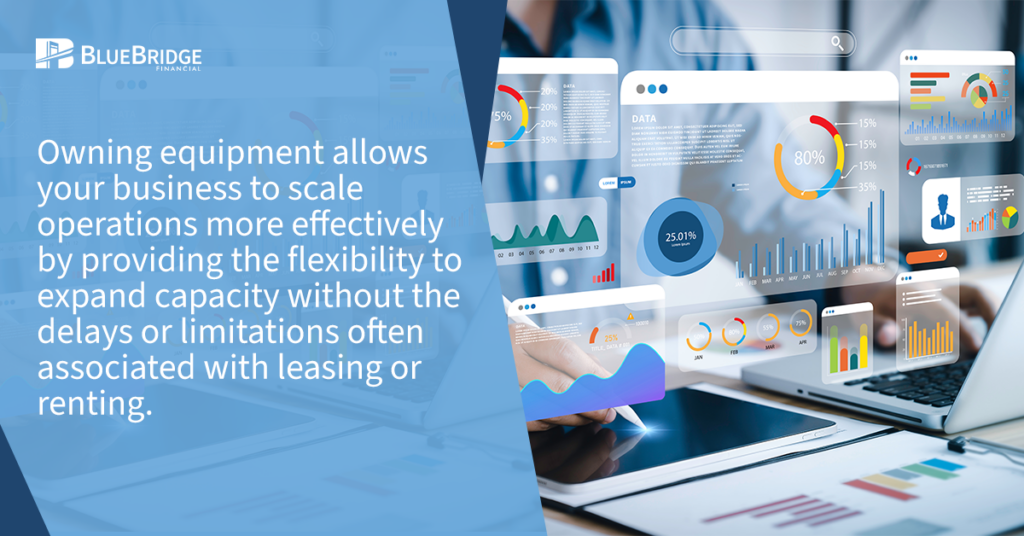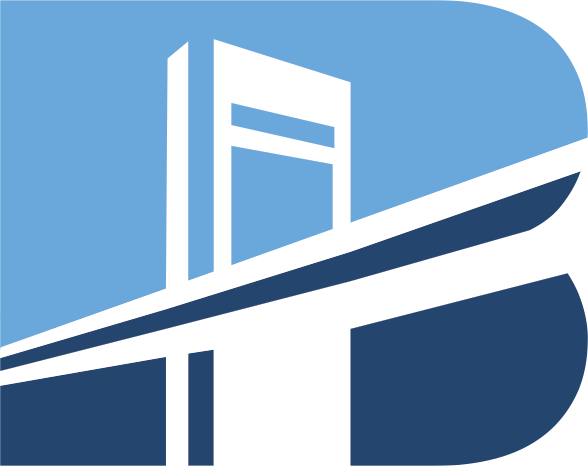Stop Losing Money on Rentals: A Smarter Way to Own Equipment
When it comes to adding or upgrading your business’s essential equipment, a long-term rental or lease may seem like the most feasible option. However, while the flexibility may be appealing, the long-term implications of renting or leasing can be more costly and limiting than you think. In this blog, we’ll explore the hidden costs of long-term rentals and leases, the financial benefits of owning equipment, and how equipment ownership can enhance your business operations.
The Hidden Costs of Long-Term Equipment Rentals and Leases
Renting or leasing your equipment long-term can add up quickly with hidden fees from things like enforceable term lengths and mandatory service packages. Terms like these inflate the total cost, especially if your equipment needs change before the lease or rental term expires. In the worst-case scenario, you may find yourself paying for equipment you no longer need or use because you’re bound by a contract.
Additionally, many leases include extra costs such as liability insurance, maintenance, repairs, shipping charges, and other fees. As the leased equipment ages, you’re still responsible for paying the premium rental or lease rates outlined in your contract while also covering repair costs and frequent servicing. Unlike owning equipment, where you can eventually stop making payments, leasing keeps you tied to ongoing costs without any of the long-term financial benefits.
Moving leased equipment is another factor to consider. Even though you don’t own the leased equipment, you’re still responsible for transporting and storing it if you have to relocate your business. These costs can accumulate over time and, when the lease is up, you’re left without the equipment and nothing to show for the money you’ve spent.

Why Equipment Ownership is More Cost-Effective Than Renting
While renting equipment might seem like a flexible option, especially for short-term needs, the reality is that rental rates can be significantly higher when measured over time. Daily, weekly, and monthly rental rates often exceed what you would pay if you owned the equipment outright, particularly when you factor in all the costs associated with long-term rentals.
When you own your equipment, you can avoid rental fees and the high interest rates often associated with leases. Ownership also grants you full control over how and when your equipment is used and maintained. This can drastically reduce downtime and increase productivity since the equipment is always available when you need it.
It’s also important to remember that rental companies are in business to make a profit. The rental fees you pay are designed to generate income for the rental company, meaning you’re not only covering the cost of the equipment but also contributing to their profit margin. By investing in your equipment, you avoid paying this premium and can allocate those funds towards other aspects of your business.

The Financial Benefits of Financing Your Equipment Purchase
For many businesses, the idea of purchasing equipment outright can seem daunting, especially when considering the upfront costs. However, financing your equipment purchase can provide significant financial benefits that renting or leasing simply cannot match.
Tax benefits can be a key advantage of financing, particularly through Section 179 of the IRS tax code. This section allows businesses to deduct the full purchase price of qualifying equipment and software purchased or financed during the tax year, resulting in a substantial tax break that can reduce your overall costs.
Financing also increases your purchasing power, enabling you to acquire better, more efficient equipment than you might be able to afford with a direct purchase or lease. Over time, as you make payments, you’ll also build your business credit, which can improve your ability to secure future financing on favorable terms.
Once your equipment is paid off, you own it outright, which means you can continue using it without the burden of ongoing payments. This asset can be listed on your balance sheet, enhancing your company’s net worth and making it easier to obtain additional financing in the future. Additionally, as the owner, you have the flexibility to sell or trade the equipment if your business needs change, providing you with additional financial leverage.

How Equipment Ownership Enhances Your Business Operations
Beyond the financial benefits, owning your equipment can provide an upgrade to your business operations. Many pieces of equipment, such as excavators, skid steers, and forklifts, are multi-purpose and can be used for various projects. When you own these versatile machines, they’re available to you 24/7, allowing you to react quickly to unexpected changes in project schedules or demands.
Ownership also gives you operational control, meaning you can decide how the equipment is used and maintained. Unlike rental agreements that may restrict modifications or require specific maintenance protocols, ownership allows you to customize your equipment to meet your business’s unique needs. This flexibility can lead to enhanced productivity and operational efficiency, as your equipment is tailored to support your specific workflows.
By owning your equipment, you also eliminate the uncertainty that comes with relying on rental companies. You won’t have to worry about the availability of equipment or the condition it’s in when you receive it. Instead, you can ensure that your equipment is always in top condition, ready to perform when you need it.
About Blue Bridge Financial
Blue Bridge Financial is a specialty equipment finance firm providing small and medium-sized businesses with secured loans for revenue-producing, essential-use equipment. We serve a wide range of industries. Learn more about our Equipment Finance Agreements and contact us to get started with financing the new or used equipment you need to expand and successfully run your business.
Frequently Asked Questions About Leasing Equipment
Purchasing equipment provides ownership benefits, including asset value retention and potential tax deductions, which often outweigh long-term rental costs.
Long-term leases can result in higher overall costs, limited flexibility, and no asset ownership at the end of the lease.
Ownership removes monthly rental fees and may qualify for financing options that better support cash flow management.
Yes, purchasing equipment may qualify for deductions like Section 179, providing immediate tax relief not available with rentals.
Long-term rentals can include added fees, maintenance costs, and limitations, leading to expenses higher than the equipment’s purchase price.
Any Questions? We'd Love to Talk:
About the Author
Nick Devernis is the Vice President of Business Development with expertise in credit analysis and equipment financing. With over 6 years in equipment financing, he offers a wealth of knowledge to readers of Blue Bridge Financial’s blog. He currently oversees the California office and leads the Sales and Marketing departments. Nick’s role as Vice President of Business Development involves management of the sales team, relationship management, and developing strategic partnerships to drive inbound and outbound originations.p> LinkedIn Profile



